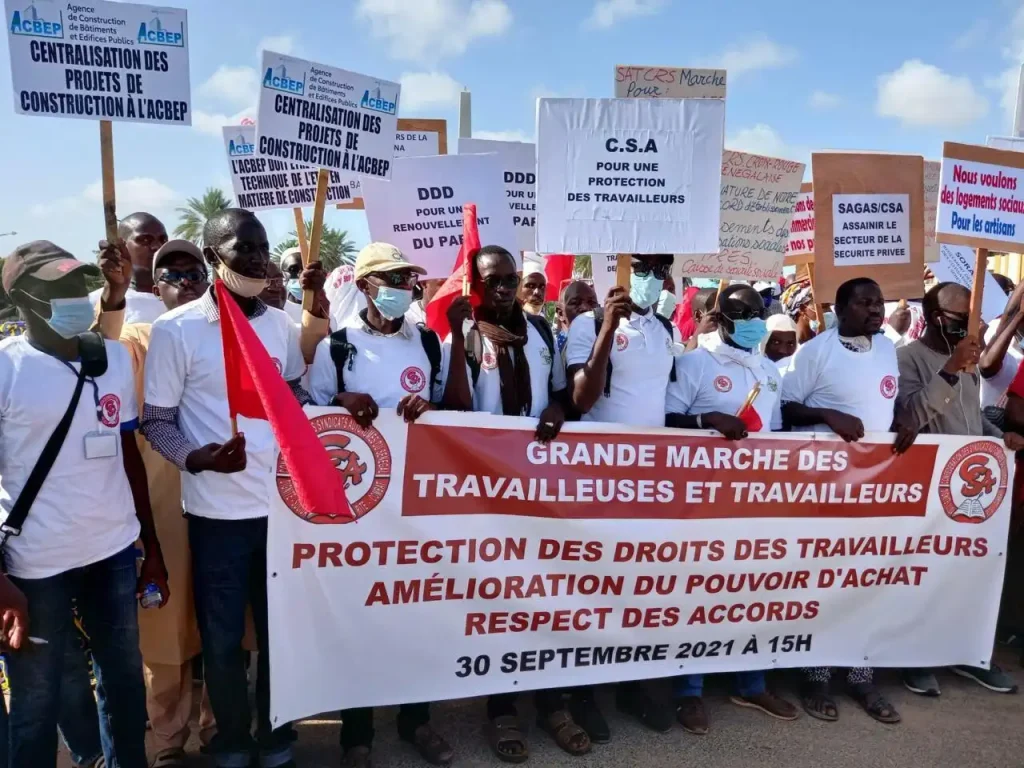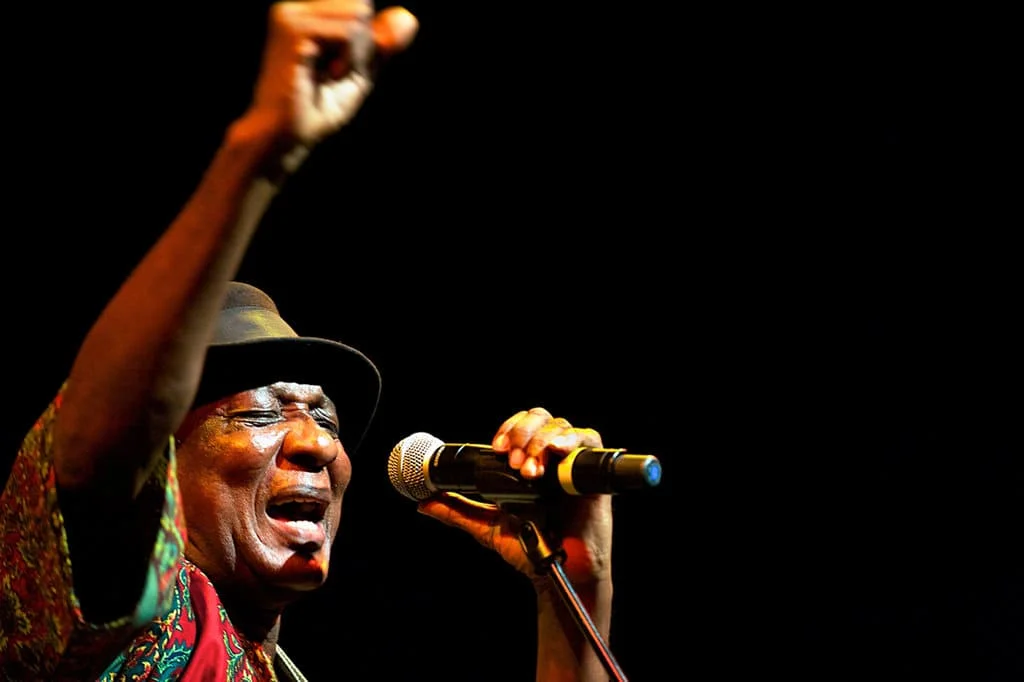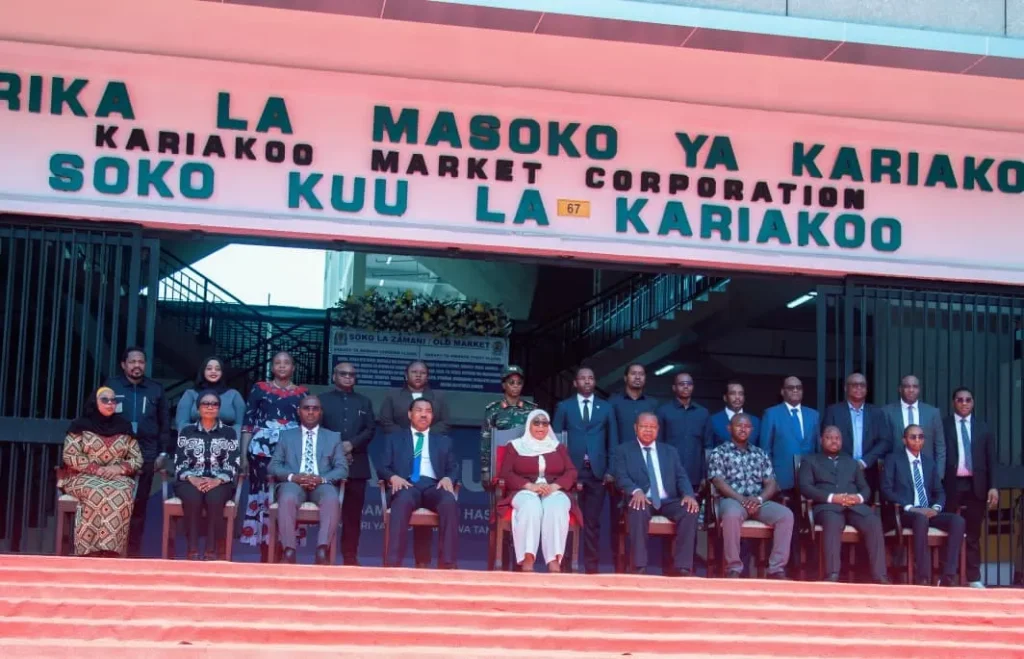Senegal’s trade unions took to the streets of Dakar for their first Labour Day march in four years, a significant event marking the resumption of public demonstrations halted due to Covid-19 and other factors. The rally, directed toward Independence Square, provided an opportunity for unions to present their grievances to President Bassirou Diomaye Faye, marking his first engagement with organized labor since taking office.
Addressing the Cost of Living Crisis
The primary concern for Senegal’s unions is the escalating cost of living driven by inflation, a unifying issue among workers. The National Confederation of Workers of Senegal (CNTS), the country’s largest trade union, emphasized the urgency of this challenge. Mody Guiro, CNTS general secretary, acknowledged the government’s awareness of the issue but tempered expectations, noting that immediate solutions are unlikely given the administration’s recent transition. President Faye has pledged to introduce measures to curb rising prices, signaling a commitment to addressing economic pressures that burden ordinary Senegalese.
The unions’ march to Independence Square was both a symbolic and practical act, as they prepared to submit a formal list of demands to the president. They expressed hope for a more open social dialogue compared to past administrations, seeking tangible reforms to alleviate financial strain on workers.
Tackling Pay Inequity Among State Workers
Another critical issue raised by the unions is pay inequity among Senegal’s approximately 175,000 state employees. The Free Teachers’ Union of Senegal (SELS), representing primary school educators, has been vocal about the disparities in salaries across different sectors of public service. Amidou Diedhiou, SELS secretary general, stressed the urgency of addressing this injustice, stating, “The state’s resources, however limited, must be fairly redistributed.” Unions have long highlighted these disparities, pointing to earlier campaigns that called for a reformed remuneration system to ensure equity.
Challenges Facing Senegal’s Unions
Despite their renewed activism, Senegal’s unions face significant hurdles, including internal fragmentation and disconnection from their grassroots base, a trend also observed in other Sahel countries. Babacar Fall, a professor at Cheikh Anta Diop University in Dakar and the Institute of Advanced Studies of Saint-Louis, noted that unions struggle to amplify their voices in a political and social climate marked by restricted freedoms. However, he expressed optimism about the return of public marches, suggesting that the new government under President Faye may be more receptive to workers’ demands. “This brings hope, which is vital for workers,” Fall remarked, highlighting the potential for renewed engagement between unions and the state.
A Hopeful Step Forward
The Labour Day rally signifies a resurgence of union activity in Senegal, offering a platform to press for economic and social reforms. As unions engage with President Faye, their demands for affordable living costs and fair wages reflect broader aspirations for a more equitable society. The government’s response will be critical in shaping labor relations and addressing the economic challenges facing Senegal’s workforce.






